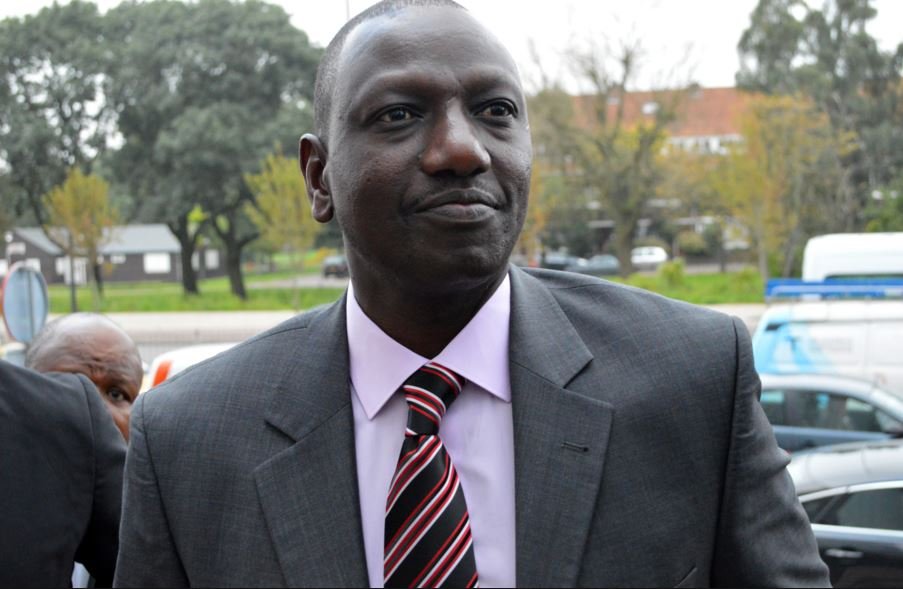Italy’s Renzi next to be swept aside by 2016 populist wave?
Italian Prime Minister Matteo Renzi heads into a career-defining constitutional referendum this weekend hoping a last-minute turnaround in voter sentiment will help him hold on to power.
The latest polls point to a defeat for the centre-left leader’s proposals to streamline parliament — an outcome that would cast him as the next victim of the populism that has buffeted global politics in 2016.
After Britain’s vote to leave the EU and Donald Trump’s presidential triumph in the United States, Italy’s establishment is viewed as next in line for a slap from the fed-up and the forgotten.
It is a narrative that has played strongly internationally but less so in Italy, where the merits of the proposed reform itself have dominated discussion.
At stake Sunday is whether to slash the size and powers of the second-chamber Senate and centralise some powers currently held at local or regional level.
Renzi has vowed to quit if the country rejects a package he says will help produce more effective leadership of country that has had 60 different governments since the constitution was approved in 1948.
Because of that, the vote has served as a lightning rod for disgruntled voters, for whom life has become tougher as the economy has marked time for nearly two decades.
But the proposals have also come under fire from opponents who see them as ill-considered at best — and, at worst, as an invitation to awaken the demons of the country’s fascist past.
“It reduces the autonomy of local authorities and it concentrates too much power in the hands of the government without the necessary checks and balances,” former prime minister Massimo D’Alema, a party colleague of Renzi’s, told AFP.
The stakes are high.
If Renzi goes, it will, at the very least usher in a period of uncertainty, notably for financial markets, and could derail a fledgling recovery in the eurozone’s third-largest economy.
But if he wins, it will be a significant boost for the former mayor of Florence’s broader reform agenda.
Renzi sees the emasculation of the second chamber as key to ending legislative logjams and clearing the way for overdue reforms of the judicial, education and administrative systems.
A No vote on the other hand could bolster the burgeoning popularity of Italy’s populist and far-right opposition parties, already buoyed by Trump’s success.
Beppe Grillo, leader of the populist Five Star Movement, hailed the US election result as a “massive screw you” from voters and urged Italians to follow suit on December 4.
Matteo Salvini, leader of the xenophobic Northern League, has asked voters to consider who backs the Yes campaign.
“The bankers, the German government and a bunch of Brussels bureaucrats, that’s who,” he said.
In a worst-case scenario, some analysts have expressed fears that post-referendum political instability could scupper Italy’s efforts to resolve the crisis facing the country’s bad loan-afflicted banks and trigger a fresh round of turmoil across the eurozone.
But a lot of variables need to come together for that to happen.
A likelier outcome of a No vote, according to some of his closest allies, would be that Renzi steps aside, remaining leader of his Democratic Party but leaving Finance Minister Pier Carlo Padoan to run a caretaker government up to elections scheduled to take place by early 2018.
And despite polls giving the No camp a lead of between five and eight percentage points, the outcome of Sunday’s vote is far from certain.
Voter surveys are banned during the final two weeks of the campaign and those taken before the cut-off point all pointed to between a quarter and one third of voters being undecided.
In addition, the votes of up to a third of the four million Italians living abroad but registered to vote could swing things in Renzi’s favour.
Early reports from embassies indicated strong postal voting among them — while apathy could affect the turnout in the most disaffected parts of the homeland, notably the relatively impoverished south.


